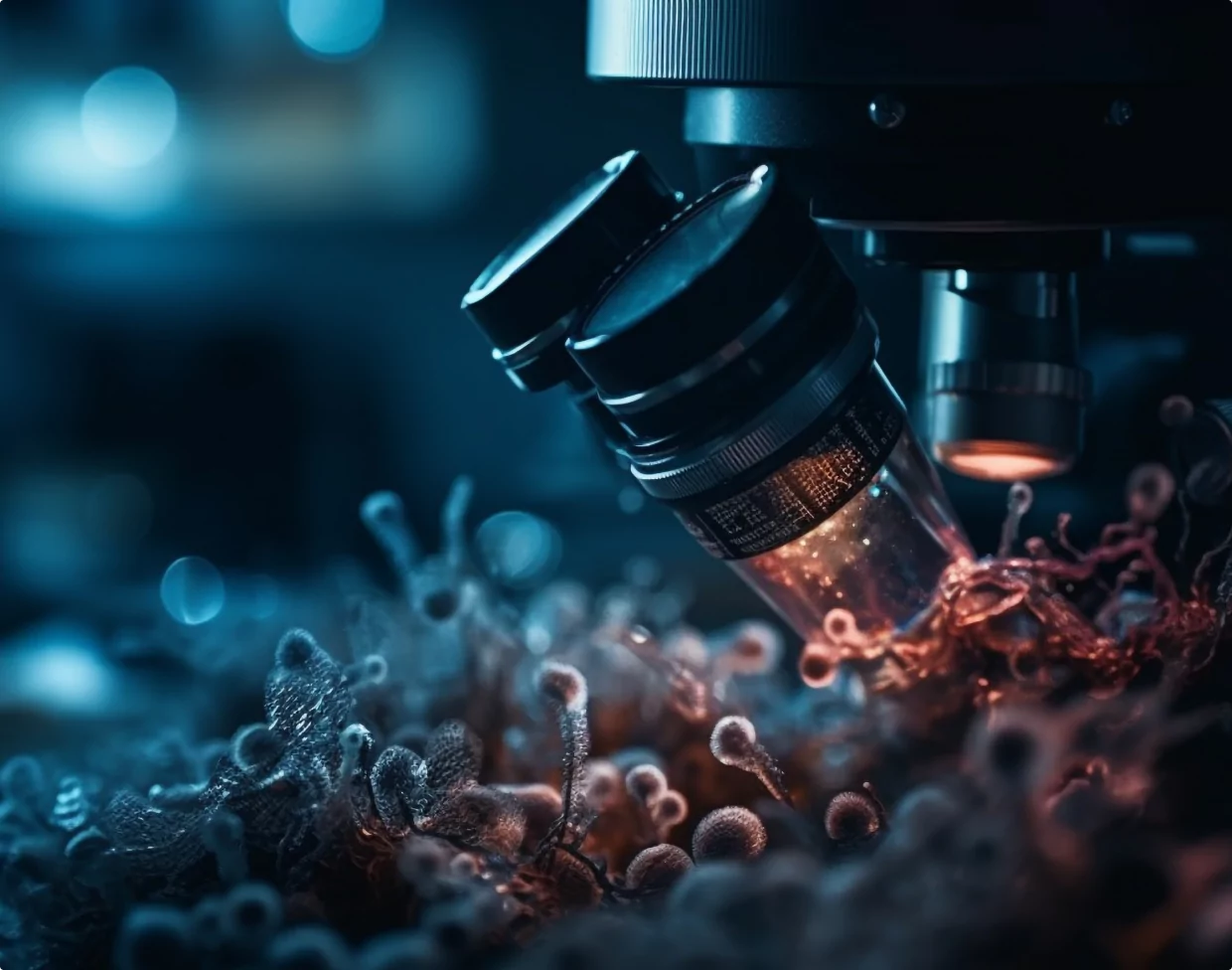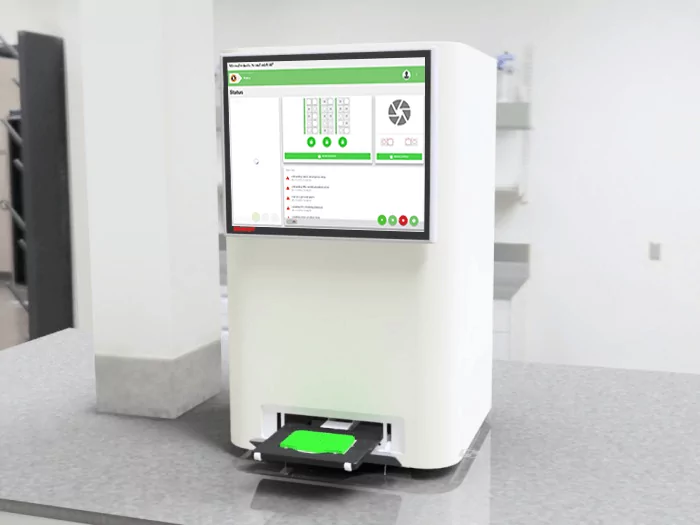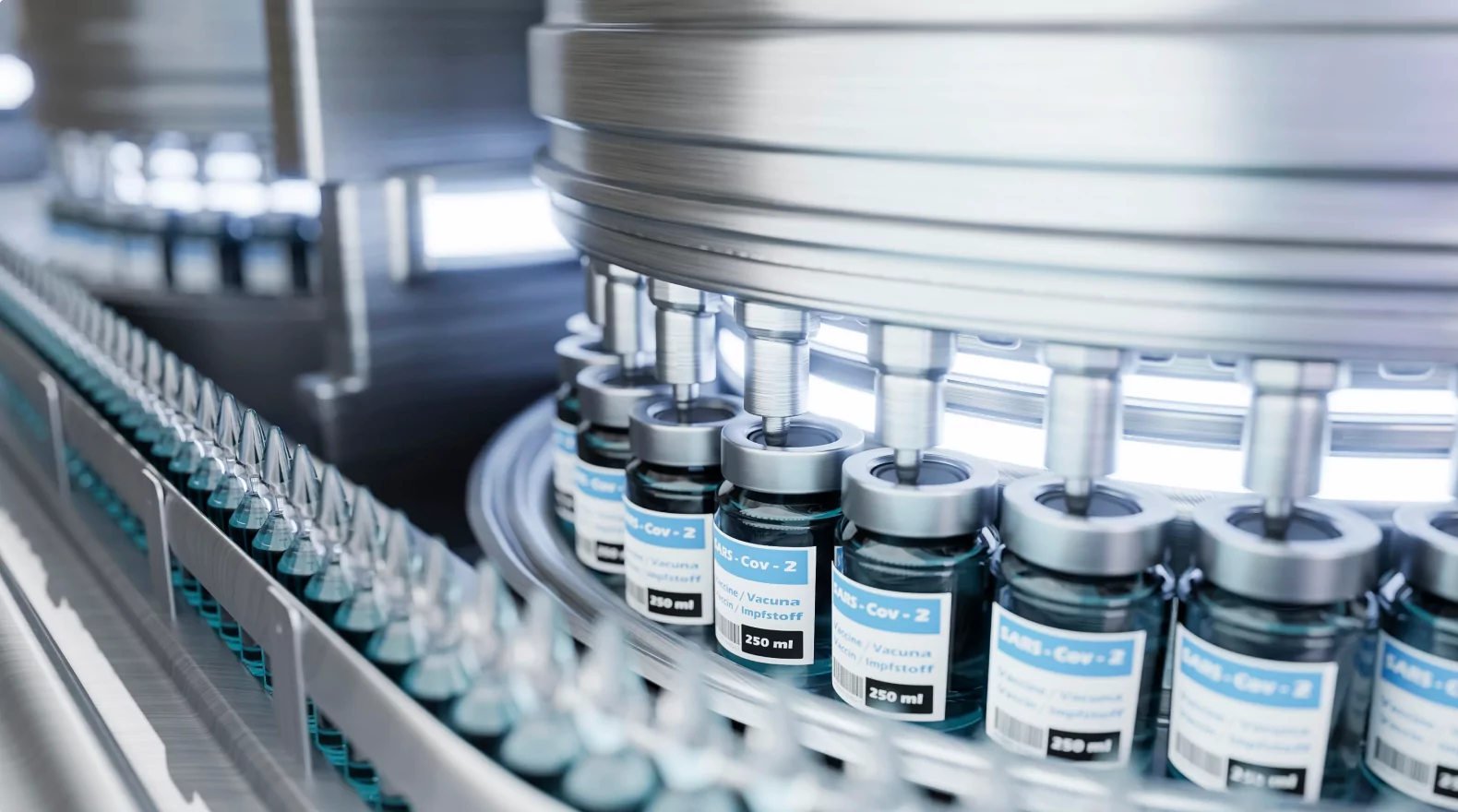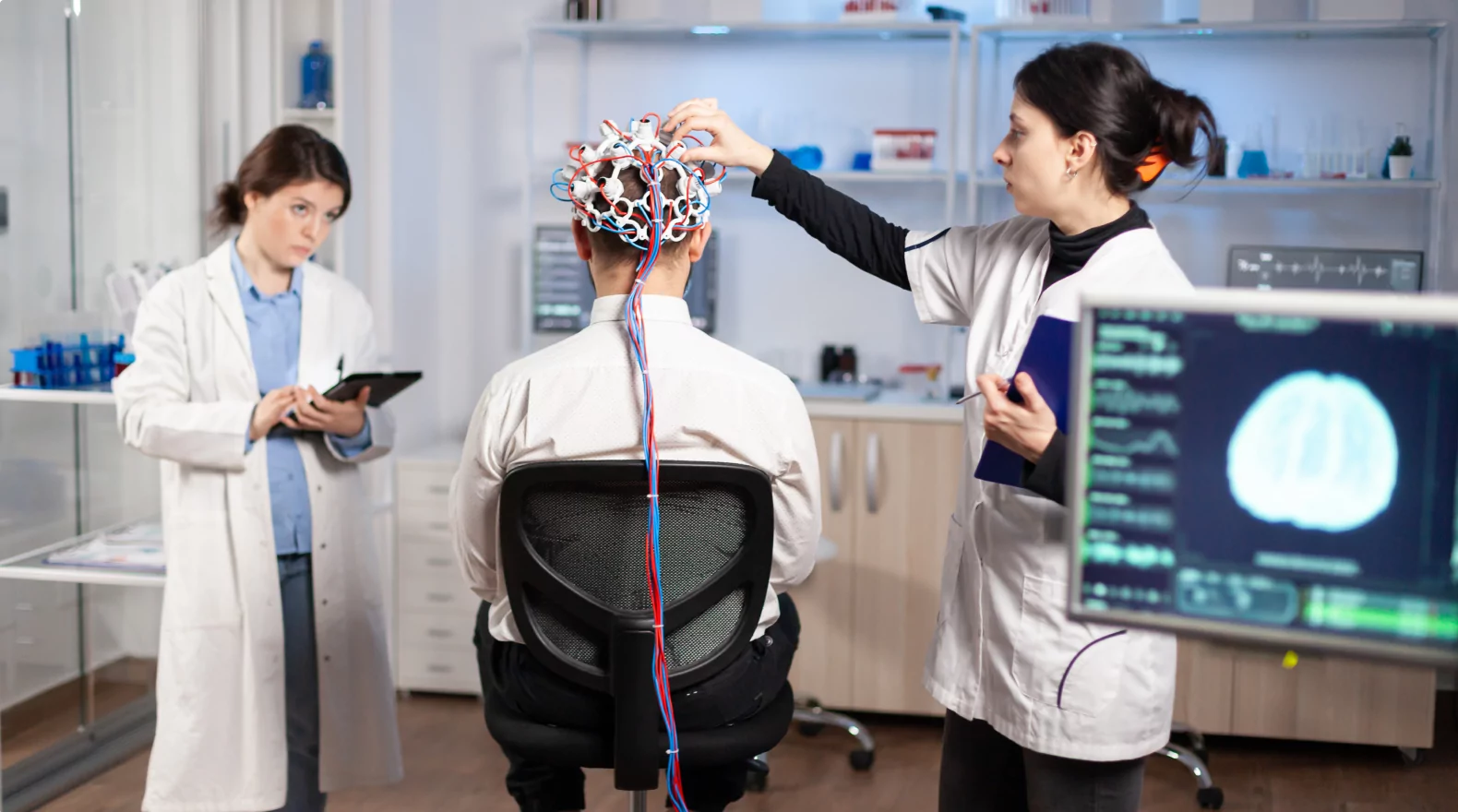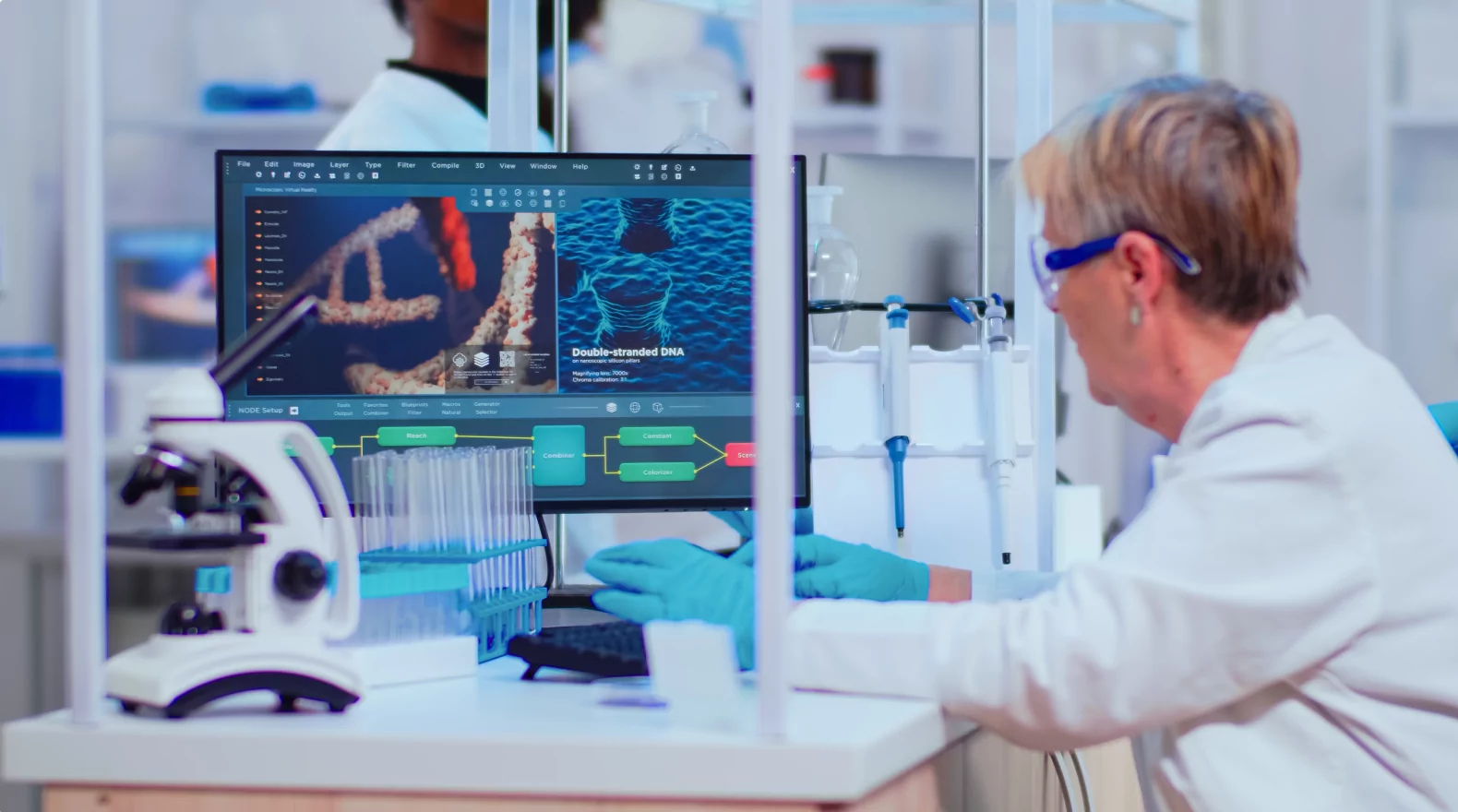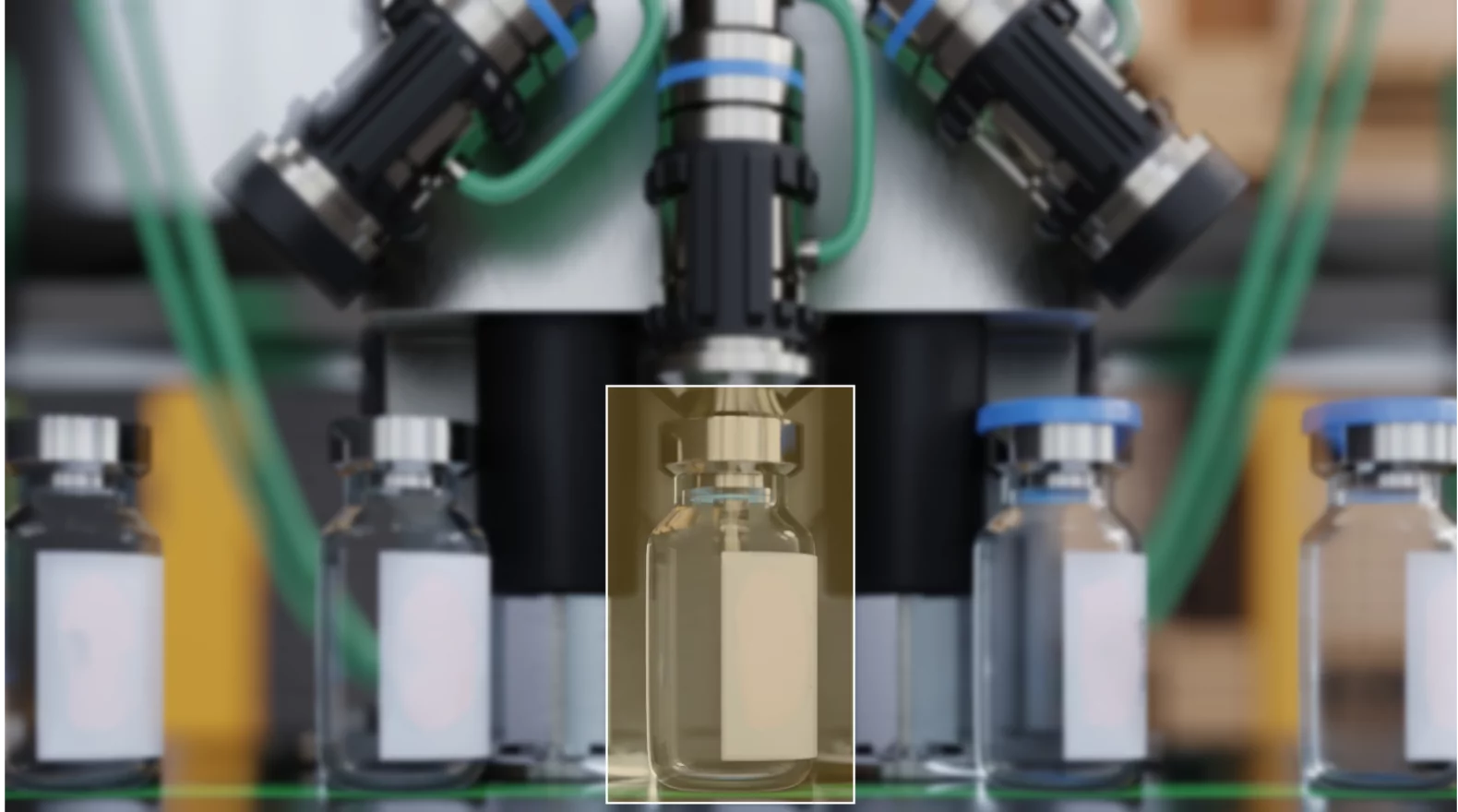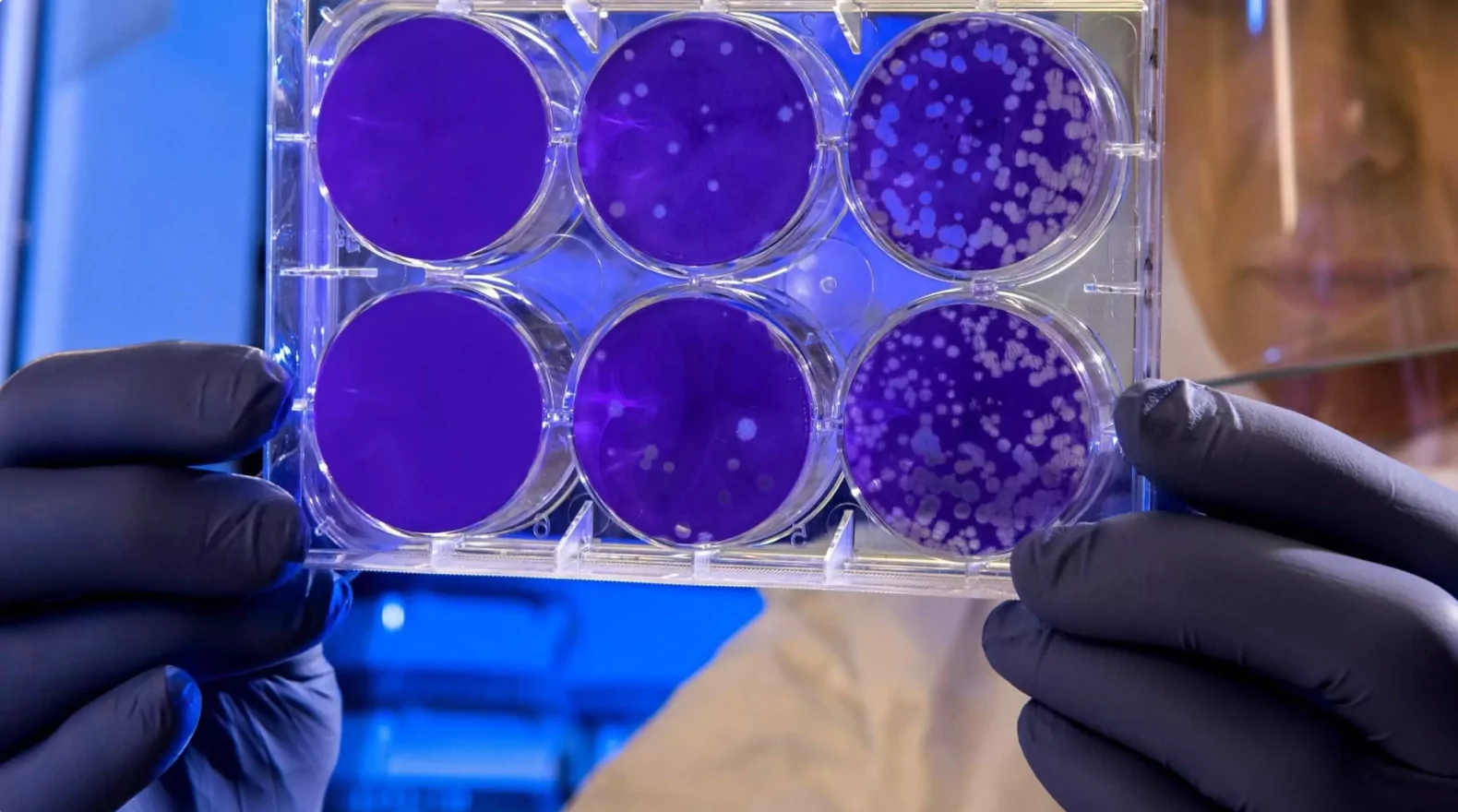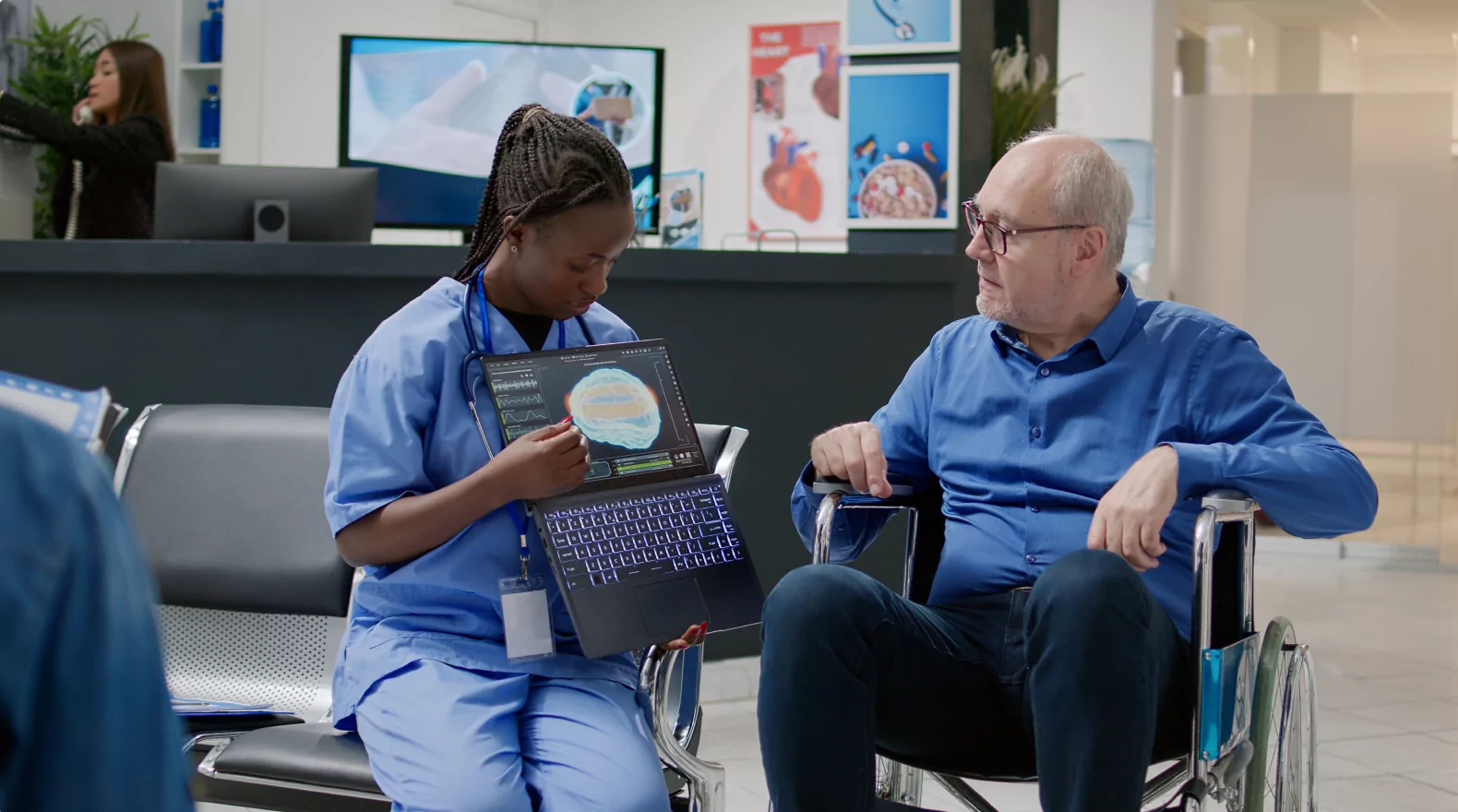Pharmaceutical facilities (interconnected areas, including cleanrooms, production lines, equipment, storage areas, and personnel zones) have specific sanitation requirements and protocols, requiring attention to maintaining consistent cleanliness throughout the facility. Microbial contaminants, particulate matter, and cross-contamination can jeopardize the quality and safety of pharmaceutical products. Controlling and preventing contamination can be executed conveniently with the use of AI algorithms, trained in recognizing microbes and set to alarm professionals once alarming readings are detected.
